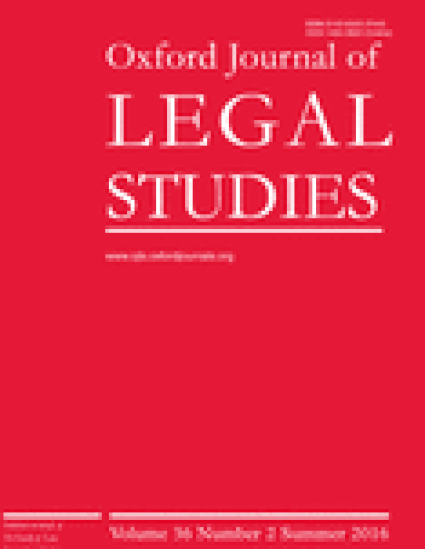
Article
Forfeiture of Illegal Gain: An Economic Perspective
Oxford Journal of Legal Studies
(2005)
Abstract
Legislation enabling courts to confiscate or remove illegal gain has grown rapidly across a wide range of countries within both civil and common law systems. We review these developments from an economic perspective and show that there are certain types of offence for which the removal of illegal gain may provide a valuable complement to more traditional sanctions such as fines. Offences committed sequentially in small units and where the ‘victims’ are unaware of offences as they are being committed may be very difficult (and costly) to detect. The probability of the offender being detected and convicted are correspondingly very low and the costs of getting convictions thus become very high. With a very low probability of detection efficient deterrence can be achieved only with extremely high fines. Some legislatures have preferred to give courts powers to remove illegal gain as an alternative means of increasing deterrence. We argue that the fact that these powers have most often been developed for offences such as environmental crime and drug trafficking lends support to our contention that more traditional sanctions have failed most conspicuously in areas of crime which tend to be repeated and ‘victimless’.
Keywords
- removal of illegal gains
Disciplines
Publication Date
May, 2005
Citation Information
Roger Bowles, Nuno Garoupa and Michael Faure. "Forfeiture of Illegal Gain: An Economic Perspective" Oxford Journal of Legal Studies Vol. 25 Iss. 2 (2005) p. 275 - 295 Available at: http://works.bepress.com/nunogaroupa/12/
